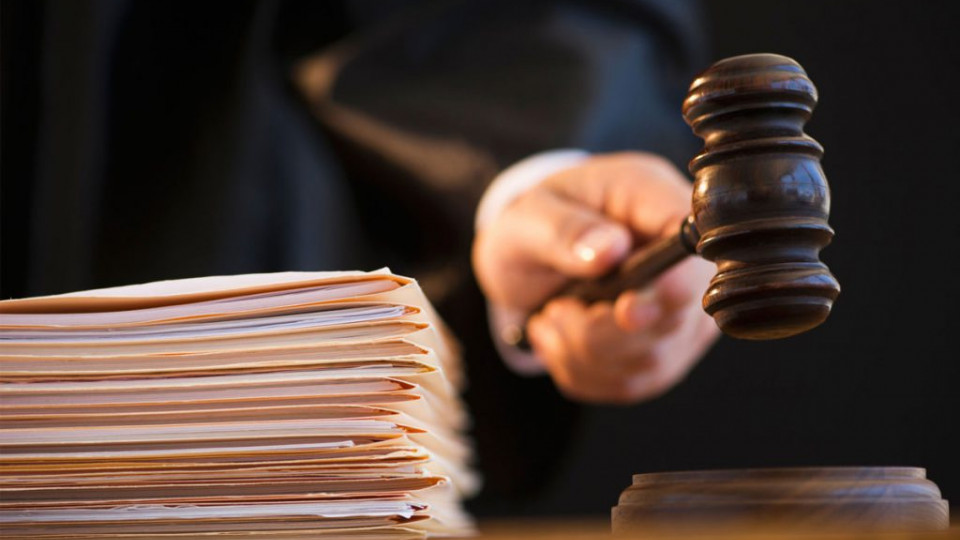I am Mariya Borevich, your personal lawyer. My primary goal is to help clients find optimal solutions to current legal issues, ensuring reliable protection of their interests. I specialize in family, civil, and military law, which allows me to effectively handle a variety of situations and cases. In family law, I provide support in resolving issues related to divorce, property division, establishing and challenging parental rights, alimony, and child custody. I understand that these matters are often emotionally complex, so I always strive to find the most delicate and fair solutions for all parties involved. In civil law, I assist in settling disputes related to contracts, property rights, compensation for damages, inheritance, and other issues concerning the protection of personal and property interests. Special attention is given to military law — supporting servicemen, protecting their rights and interests related to military service, social guarantees, and legal disputes. This area requires deep knowledge and understanding of the specifics of military service and the legislation regulating it.
A lawyer can challenge decisions, actions, or inaction of government authorities in court or through administrative procedures depending on the specific situation and legal options available. The appeal may be made to protect the rights and interests of the client or to change unlawful decisions, actions, or inaction of government bodies. To do this, a lawyer must have a deep understanding of the law, strategic thinking, and appropriate skills to effectively conduct the appeals process.
Challenging unlawful actions of authorities and officials can be done in various ways depending on the specific circumstances and the legislation of each country. Some of the main methods of appeal include filing administrative complaints, appealing to the court, or to specialized law enforcement agencies such as ombudsmen.
A lawyer can provide legal advice and support to the client to draft a complaint or file a lawsuit to challenge the unlawful actions of authorities or officials. This may include analyzing the situation, gathering necessary evidence, drafting legal documents, and conducting appeals procedures in accordance with the requirements of the law.
The main goal of appealing is to protect the rights and interests of citizens and ensure compliance with the law in the activities of government authorities and officials.
Appealing the actions, inaction, and decisions of prosecutorial authorities can be carried out through various legal procedures depending on the specific circumstances and the legislation of each country. Here are several possible methods of appeal:
Administrative appeal: Citizens may appeal against inaction or unlawful decisions of prosecutorial authorities to higher-ranking officials in the prosecutor's office or to relevant administrative bodies or ombudsmen.
Judicial appeal: If administrative remedies are unsuccessful or if the prosecution violates the law, citizens may file a lawsuit in court to annul the unlawful decisions of prosecutorial authorities or demand compensation for damages caused by their inaction or unlawful actions.
Appeal to higher prosecutorial authorities: Citizens may also appeal to higher prosecutorial authorities to review decisions or actions of lower-level prosecutorial authorities.
International human rights protection mechanisms: In some cases, especially when human rights or international treaties are violated, citizens may appeal to international human rights protection bodies, such as the European Court of Human Rights.
A lawyer or legal expert can provide necessary legal assistance and support in drafting complaints, filing lawsuits, and conducting other legal procedures to appeal against the actions, inaction, and decisions of prosecutorial authorities.
Appealing decisions and actions of customs authorities can be carried out through various legal procedures depending on the specific circumstances and the legislation of each country. Here are several possible methods of appeal:
Administrative appeal: Citizens and organizations can file a complaint against unlawful actions of customs authorities to higher-ranking officials in customs or to relevant administrative bodies.
Judicial appeal: If administrative remedies are unsuccessful or if customs violates the law, citizens and organizations may file a lawsuit in court demanding the annulment of the unlawful decisions of customs authorities.
Mediation and negotiations: Sometimes, mediation or negotiations with customs representatives can be an effective method of resolving conflicts.
Appeal to international bodies: In some cases, especially when human rights or international agreements are violated, citizens and organizations may appeal to international bodies or international courts.
A lawyer or legal expert can provide consultations and support in drafting complaints, filing lawsuits, and conducting other legal procedures to appeal against the decisions and actions of customs authorities.





























